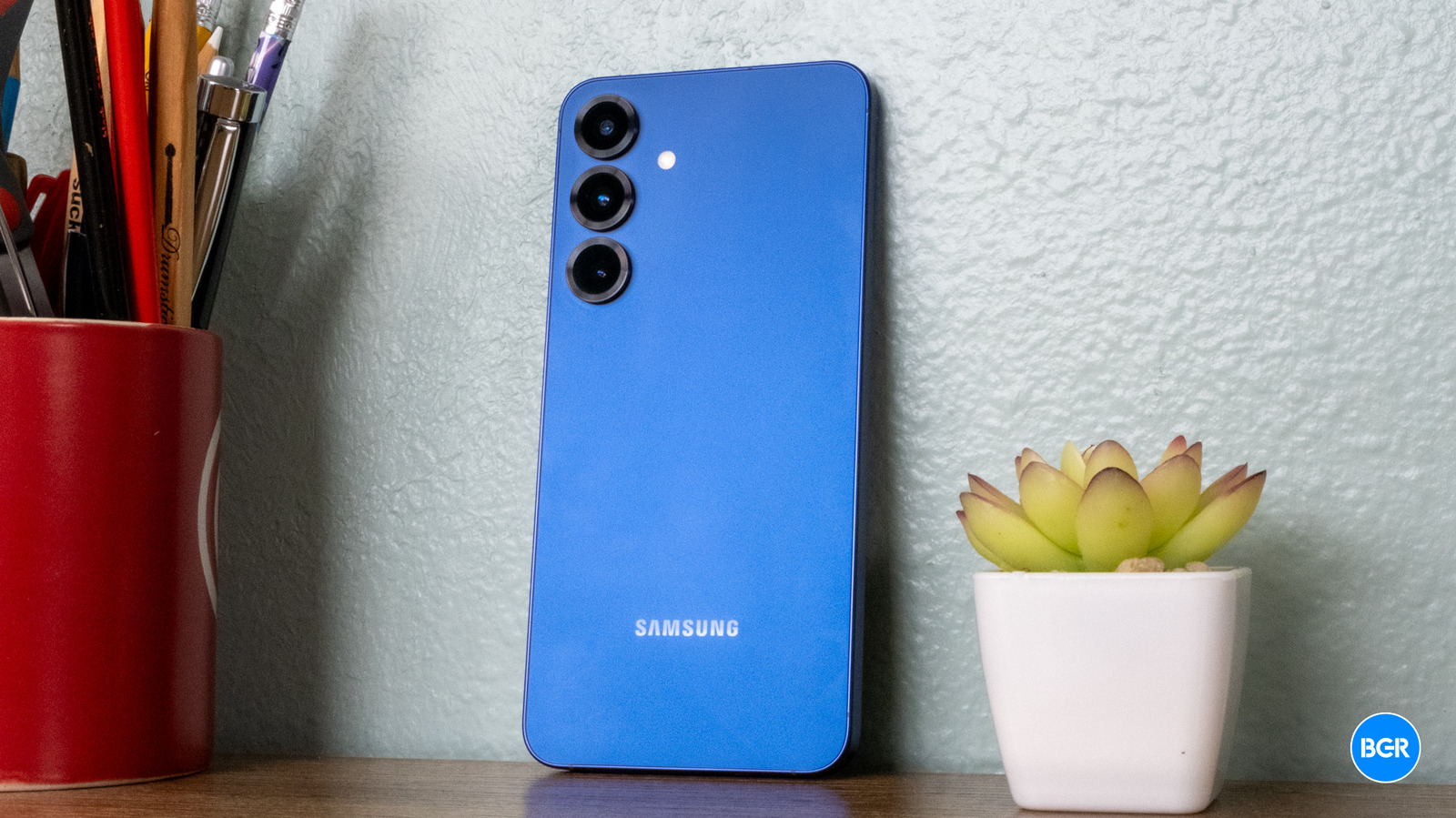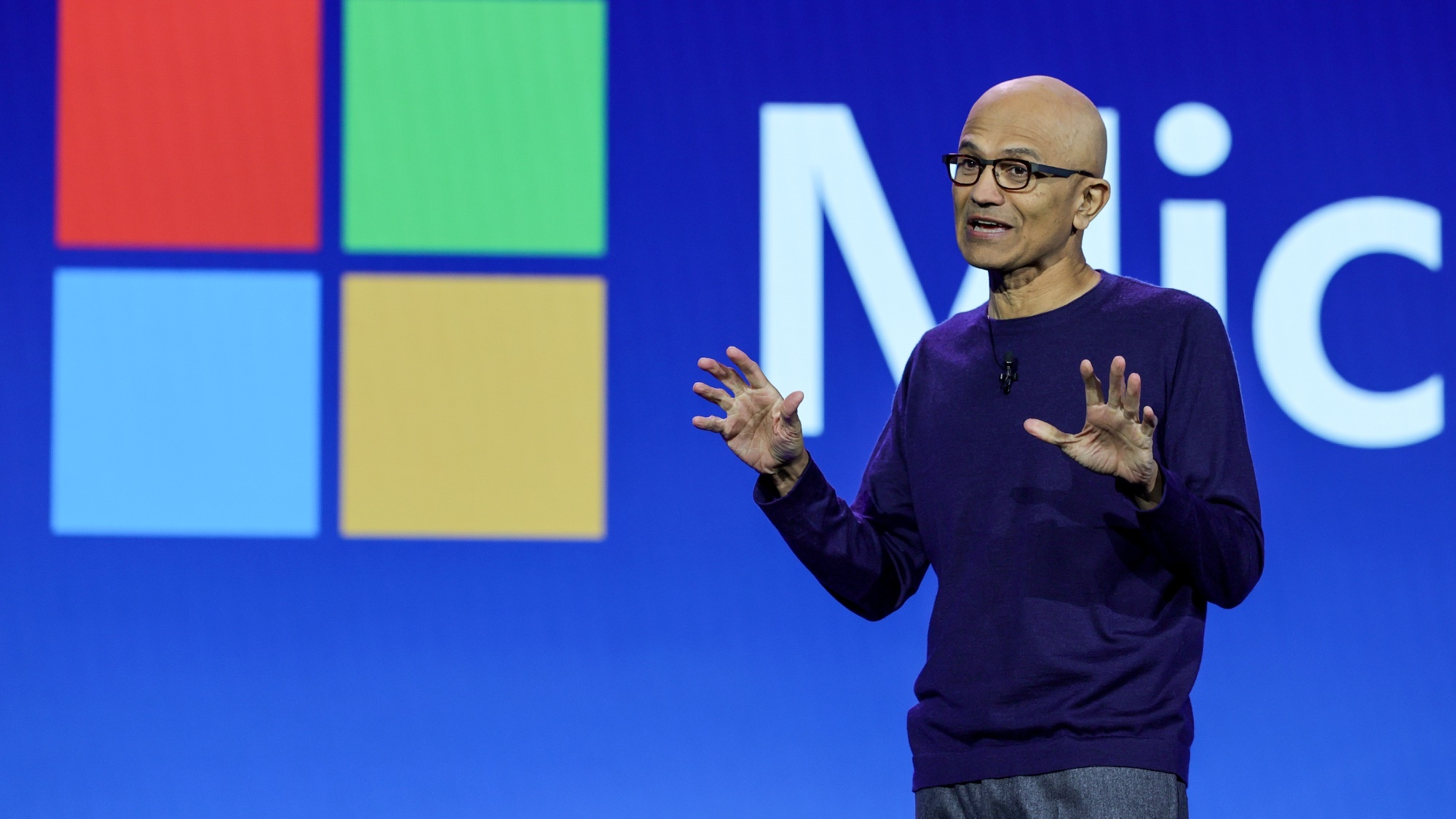Pornography and sex work have long been divisive topics. AI, deepfakes, and lax site moderation have reignited the discussion surrounding porn and its role on the web. 17 US states passed age verification laws that have effectively banned adult websites from operating in those areas. While porn is still popular, consuming it can also put your privacy (and dignity) at risk.
Beyond any personal objections to pornography readers may have, there is also the issue of exploitation. Adult content is frequently reused and reposted online, making it difficult to tell if those appearing in pornography have consented to the release of the content or were fairly compensated. That’s not to mention trafficking in stolen images, the abuse of minors, revenge porn, deepfakes, and the use of AI on non-consenting individuals. We encourage readers to report abuse and exploitation wherever they see it. We don’t have the space for it here, but our sibling site Mashable has an excellent deep dive on how to find ethical porn.
1. Go Incognito to Hide Your Browsing History While Watching Porn
A sure-fire way to embarrass yourself is by having your auto-complete reveal your browsing habits during a presentation or work meeting. You don’t need us to tell you how bad the social consequences of this can be. Search engines try to be helpful by guessing what you’re typing based on what you’ve done in the past. This can save time, but it can be the source of embarrassment. If you frequent pornsite.xxx, your browser might “helpfully” fill in that URL when you go to show someone a site that starts with the same letter.
This is bad enough if someone is looking over your shoulder, but in a Zoom meeting, you’re likely to multiply your embarrassment by the number of people in attendance. And, please, don’t add porn to your bookmarks. Doing that will make it appear as a suggestion everywhere.
Incognito Mode will save you that auto-fill embarrassment, but it isn’t an air-tight privacy tool. In April 2024, Google was found to be storing heaps of data from Incognito mode sessions that it shouldn’t have had. Other private browsers might be better, but most are going to be, at best, a flimsy shield against any serious inquiry into your browsing habits.
Private browsing modes will stop someone like your nosy roommate from finding your degeneracy on the shared network, but it won’t stop the likes of advertisers or other malicious entities from tracking your habits.
 How to Watch Porn Online Safely
How to Watch Porn Online Safely
2. Defend Yourself Against Data Theft While Watching Porn
A less common but much more dangerous threat is data theft. If you’ve made an account on a porn site in the heat of the moment, then your data is out there. Hopefully, you at least used a burner email. Otherwise, your spam box will be gnarly. Though a hacker could get more than just your email in the event of a serious data breach.
Most adult sites don’t take privacy or security all that seriously. Just look at what happened to 4chan earlier in 2025. A leak could contain all sorts of private information, such as your content preferences, contact details, chat logs, purchase history, and even your full legal name. Remember when that cheating-centered dating app Ashley Madison got hacked way back in 2015? That resulted in thousands of users’ personal data being released. Such an attack could happen to your favorite porn site, though I hope it’s at least a slightly more ethical one than Ashley Madison.
A savvy attacker may not even need to steal your data to profit from it. Blackmail is common in these spaces. After all, you’re browsing something that you wouldn’t want your family, friends, or coworkers to see. Someone could get your email and legal name from a porn site and then use that information to extort you. They often threaten to release your browsing history or even your webcam feed if you don’t pay up. Most of these threats are hollow and are best deleted if encountered, but you do risk calling their bluff.
A variant of this kind of scam is called “sextortion,” where the attacker blackmails the victim into providing explicit images of themselves. These can then be used to further pressure the victim. While scammers may be bluffing, it’s a good idea to keep your webcam covered when not in use and to install local antivirus software to guard against any snooping software.
More regions, including 17 US states, now require invasive methods of age verification to access adult content. In those situations, a VPN would be a useful tool, but we must stress that we are not advocating breaking any laws and must caution that doing so can have serious consequences. Below, we’ll go over a handful of ways that you can safeguard yourself from these threats.
3. Limit the Information You Provide to Porn Sites
The pornography you consume doesn’t need to be anyone’s business but your own, and in this sense, a VPN is extremely useful. A VPN obfuscates your location and encrypts the data you send out. Location spoofing allows you to bypass local restrictions such as the state bans mentioned earlier. Don’t worry if you don’t already use one; we have a handy roundup of the best VPNs for Pornhub you can consult. A VPN grants you access to restricted content and stops your ISP from monitoring your outgoing data, but a VPN can’t do anything about the personal information you willingly provide to porn sites.
The Best VPNs We’ve Tested
Another great way to protect your data is to simply never provide it. Privacy services like IronVest let you create disposable email addresses, phone numbers, and even credit card numbers on the fly. The disposable email addresses are particularly useful since you can generate a unique address for each service, making it much harder to tie accounts back to you. Similarly, disposable credit card numbers are harder to link directly to you and are effectively a one-time-use payment. Additionally, you use IronVest’s address as the billing address, meaning you’ll never have to hand over this sensitive information to a porn site.
Get Our Best Stories!

Stay Safe With the Latest Security News and Updates
By clicking Sign Me Up, you confirm you are 16+ and agree to our Terms of Use and Privacy Policy.
Thanks for signing up!
Your subscription has been confirmed. Keep an eye on your inbox!
Websites track you across the web in various ways, but the method is largely the same: find (or assign) a unique identifier to a visitor and then wait to see where else that identifier turns up. Tracker blockers break the cycle by preventing ads and sites from identifying you, which makes it much harder to follow you from site to site. Stand-alone tracker blockers are also excellent, especially when paired with the privacy tools found in some browsers, such as Firefox.
Note that these tools can sometimes break site functionality, particularly custom video players. Porn sites have plenty of video players, and these tools often do cause some issues. The same is true for ad blockers. While useful, certain sites will prevent you from accessing the content unless you disable them. Some of these tools offer customization options, such as Privacy Badger. You toggle specific trackers on and off, which can usually fix the issue.
In addition to arming yourself with a privacy toolkit, you should also arm yourself with knowledge. Read your browser’s privacy policy and understand what protections, if any, it has. Knowing what your favorite adult site tracks will be a bit harder. Not every site will have a privacy policy easily available. In those cases, it is best to proceed with caution and assume that the site is tracking everything about your activity.
Be on the lookout for phishing sites, too. These malicious websites prompt you to enter personal information and then use it for nefarious ends. A phishing site could masquerade as a pornographic website, harvesting credit card numbers and personal information for fraud and spam. Most web browsers are fairly adept at detecting phishing sites, and antivirus software is even more so. If your browser or your security software says that a URL is dangerous, it’s best to listen.
4. Protect Yourself From Porn Ads With an Antivirus
Porn ads are infamous for their blatant maliciousness. These ads aren’t worth clicking on, no matter how tantalizing the promise of hot singles in your area may be. While this issue isn’t unique to porn sites, it is certainly more prominent in these spaces.
Recommended by Our Editors
Our Top-Rated Antivirus Programs
Most people are probably confident in their ability to avoid malicious files and don’t see the use of antimalware software. It’s easy to scroll through one of these sites and wonder who would even click these fake ads. However, all it takes is one misclick or one well-placed fake download button to thwart even the most diligent user. It’s best to have a safety net. The best security software will identify files and malicious sites before they can cause any damage and can even protect against insidious threats like ransomware.
It’s best to use protection, and that goes for your online activity, too. An antivirus will assuage any worry about mistakes or malicious files and allow you to focus on what is important in the moment.
5. Stick to Trusted Porn Names and Sites
Beyond societal shame, there’s a reason why pornographic websites have a spotty reputation. Since the inception of the internet, porn sites have been made to aggregate existing content and to make a quick buck. Some site owners stop there and rake in the ad revenue while others push the envelope further by preying upon their customers’ data or, in the worst case, employing outright scams.
Standards are higher these days, but not by much. Many adult sites still use shady tactics to get what they want. Look out for red flags like a link opening numerous windows, URL shorteners, and endless link trails that take you to different sites. The more fringe the website, the more your odds of being exposed to illegal content. Big sites take these threats more seriously.
It’s much better to stick to well-known names in the industry, who are more likely to take care when handling personal information. Things like contact information, a business address, and a privacy policy can be signs that a site is on the up and up. Also, don’t make an account if you can avoid it. Even with a burner email address, you are risking your personal information.
6. Avoid Risky Behavior
It’s also essential to keep a cool head, even when handling hot content. It’s easy to ignore obvious warning signs when you’re in a, well, focused state. Try to slow down and keep an eye out for warning signs from your computer. No video is worth having your PC locked down with ransomware.
Lastly, consider your context. Browsing pornography on a work computer or while using a work-provided VPN can land you in serious trouble. It’s also not a good idea to involve other people in your private fantasies without their express consent and in an appropriate way. Basically, don’t slide into random DMs or be creepy with your colleagues, and be respectful to the sex workers whose content you consume.
Max Eddy contributed to this article.
About Justyn Newman
Senior Security Analyst











